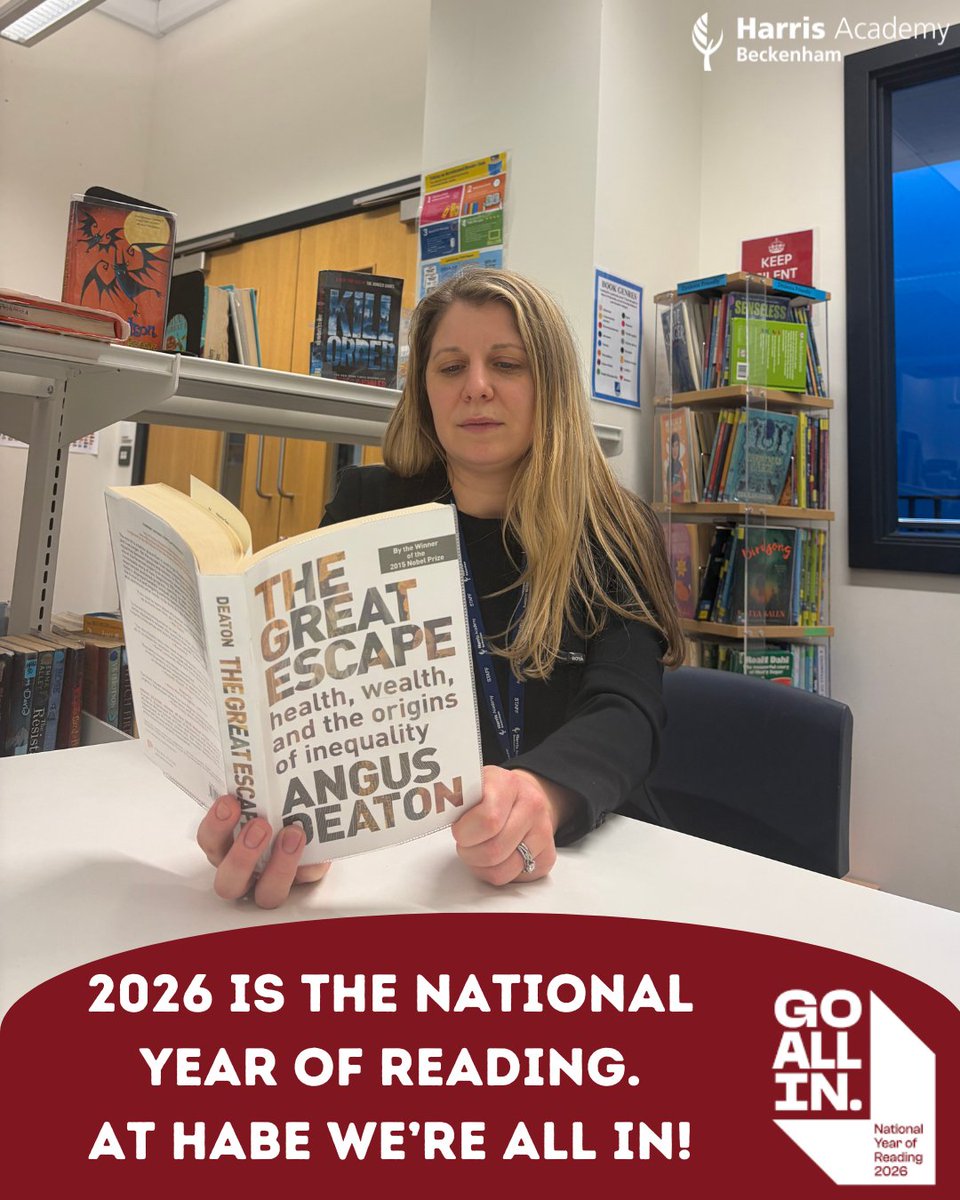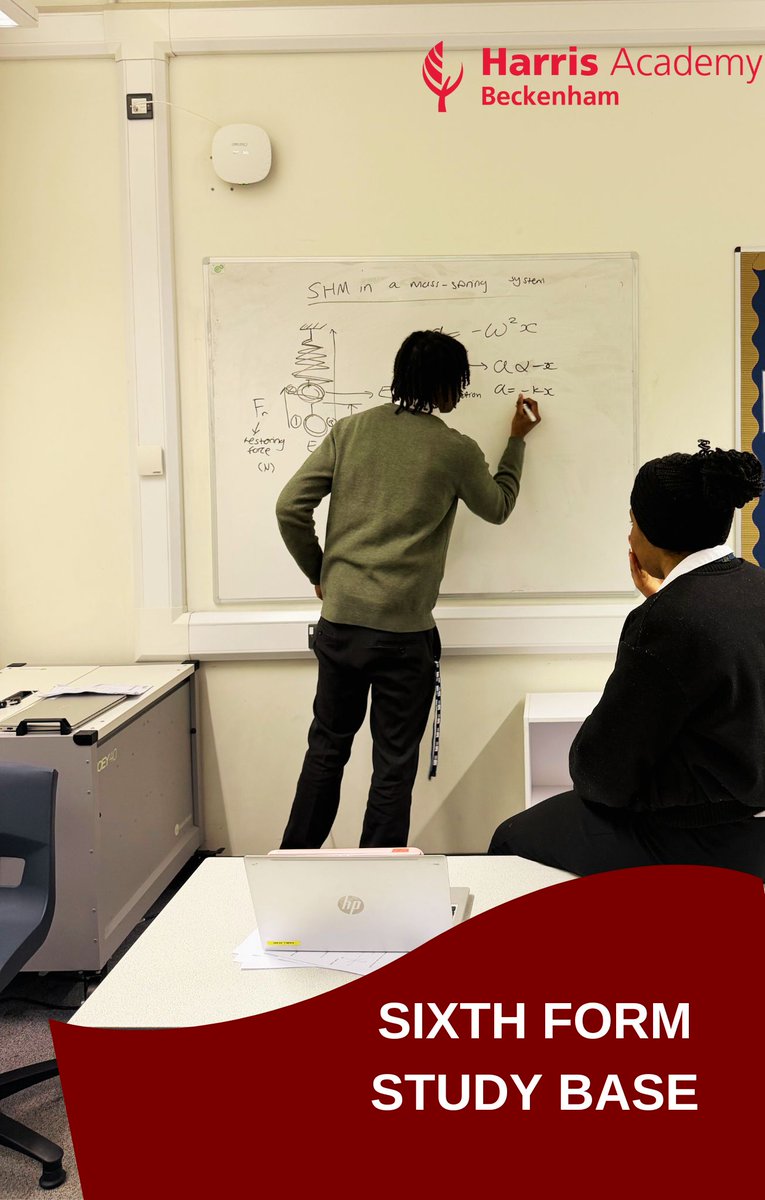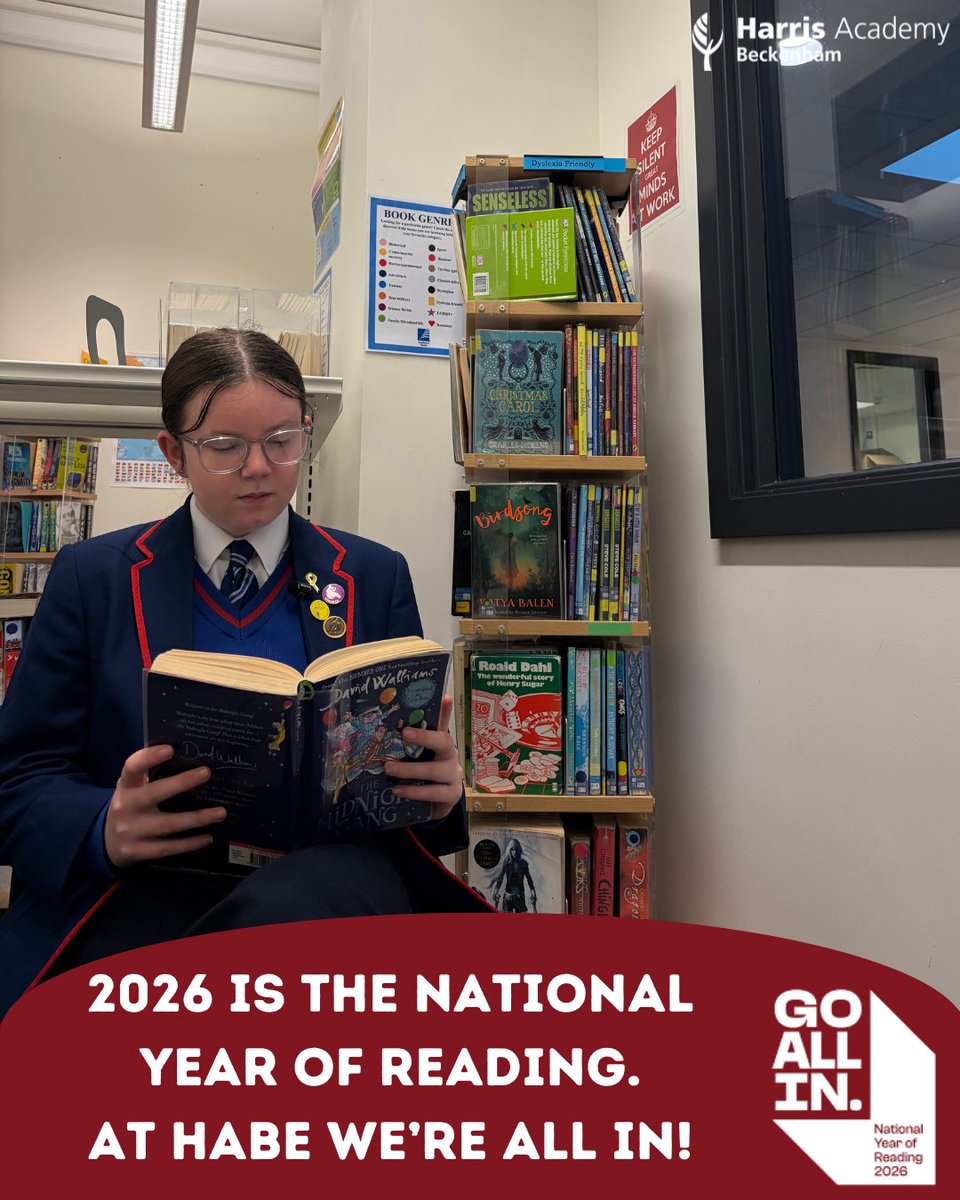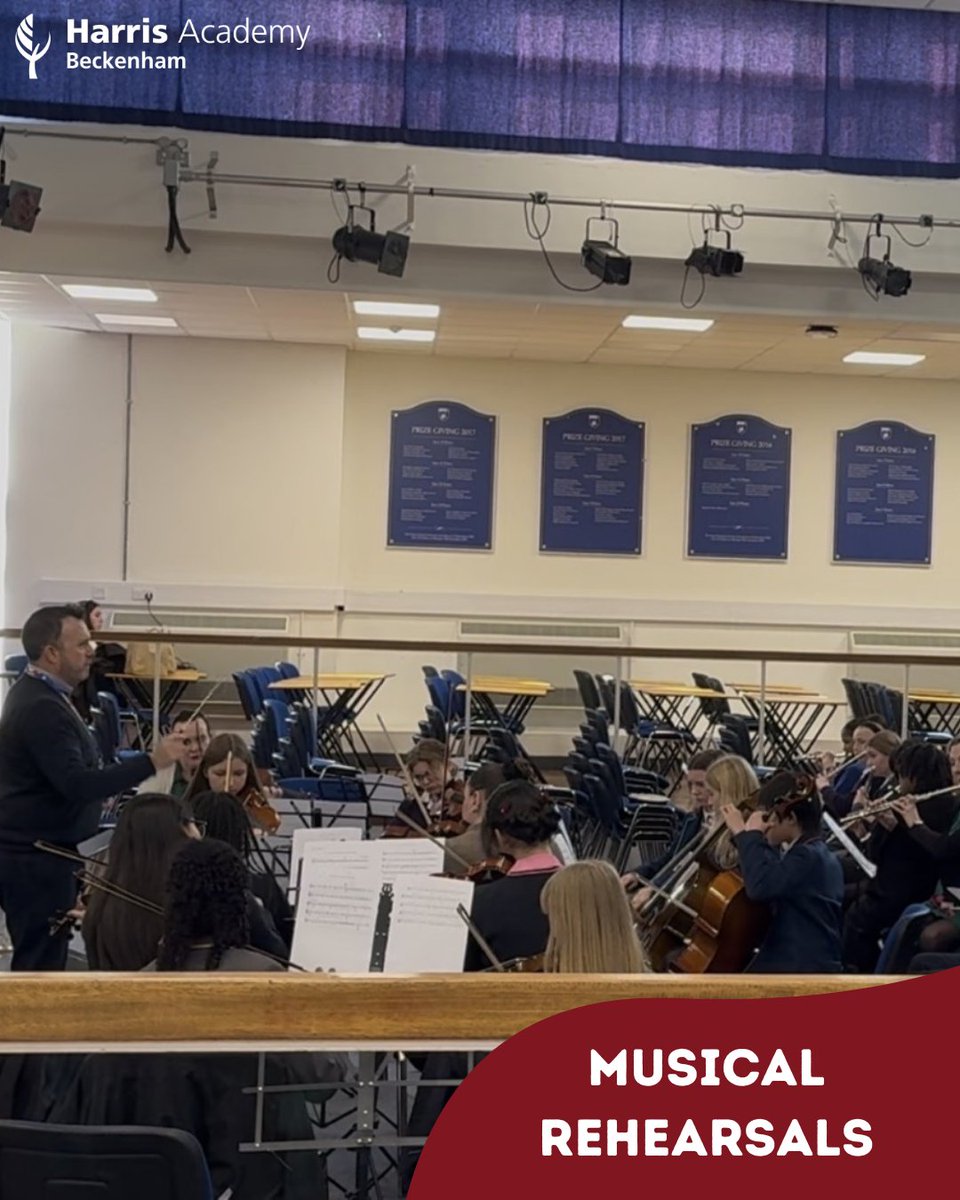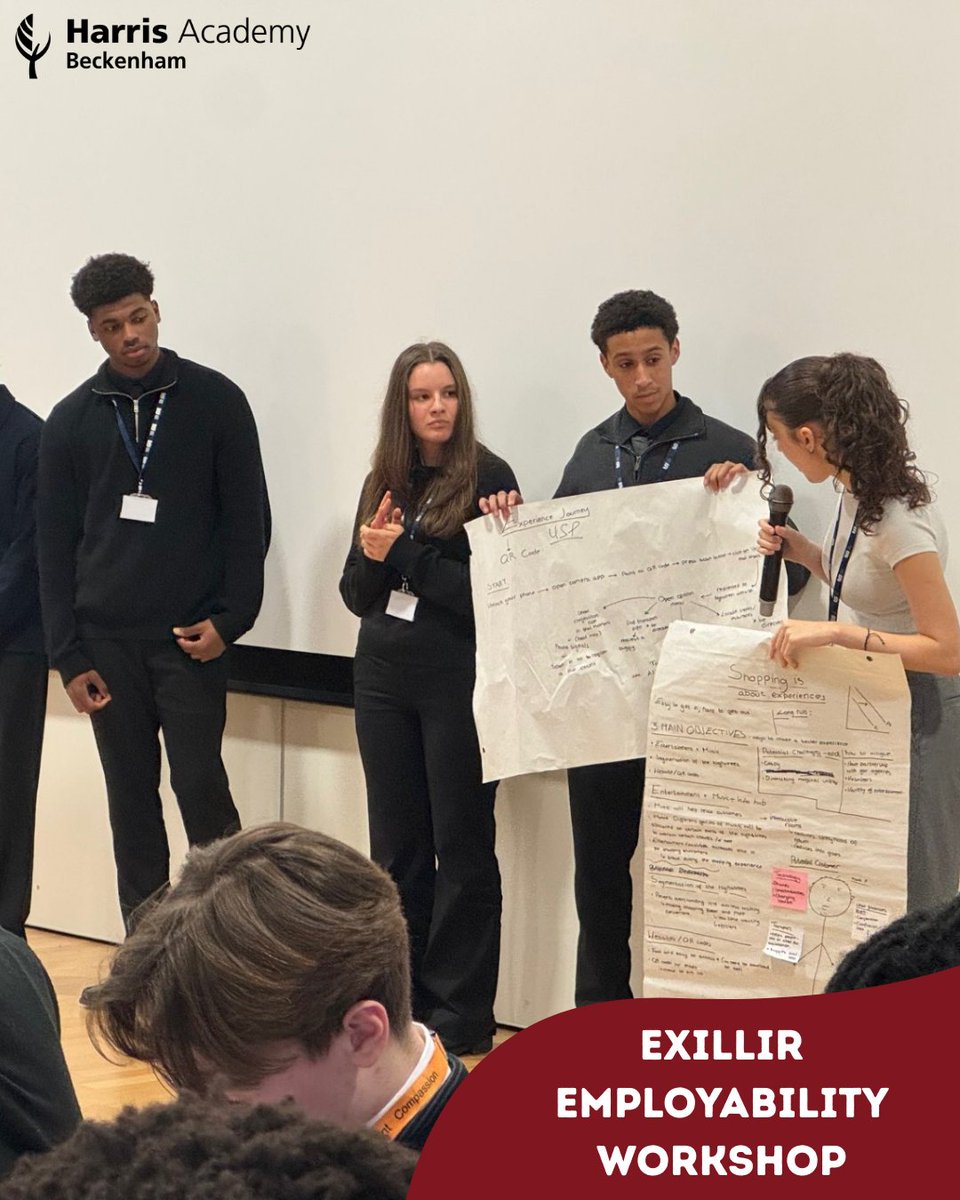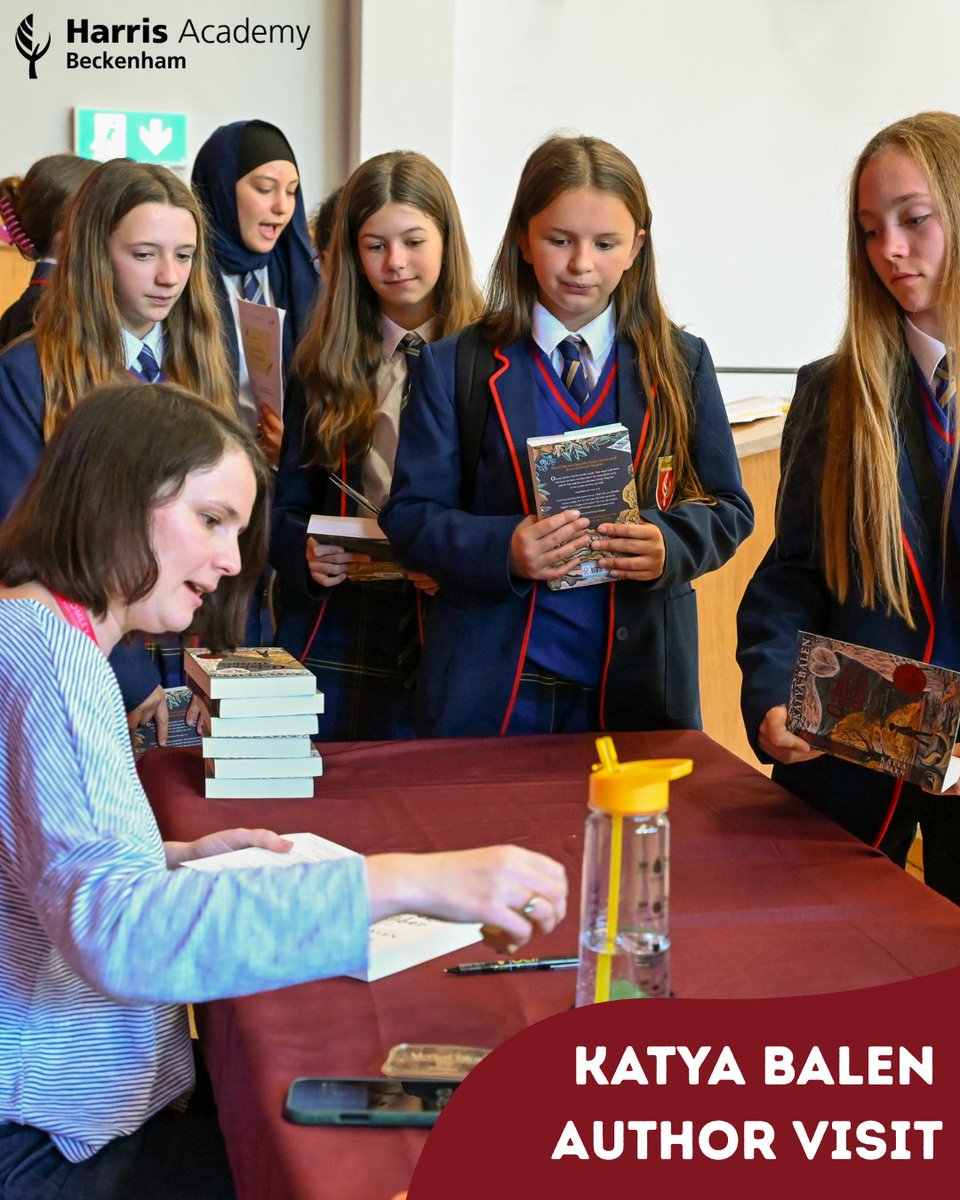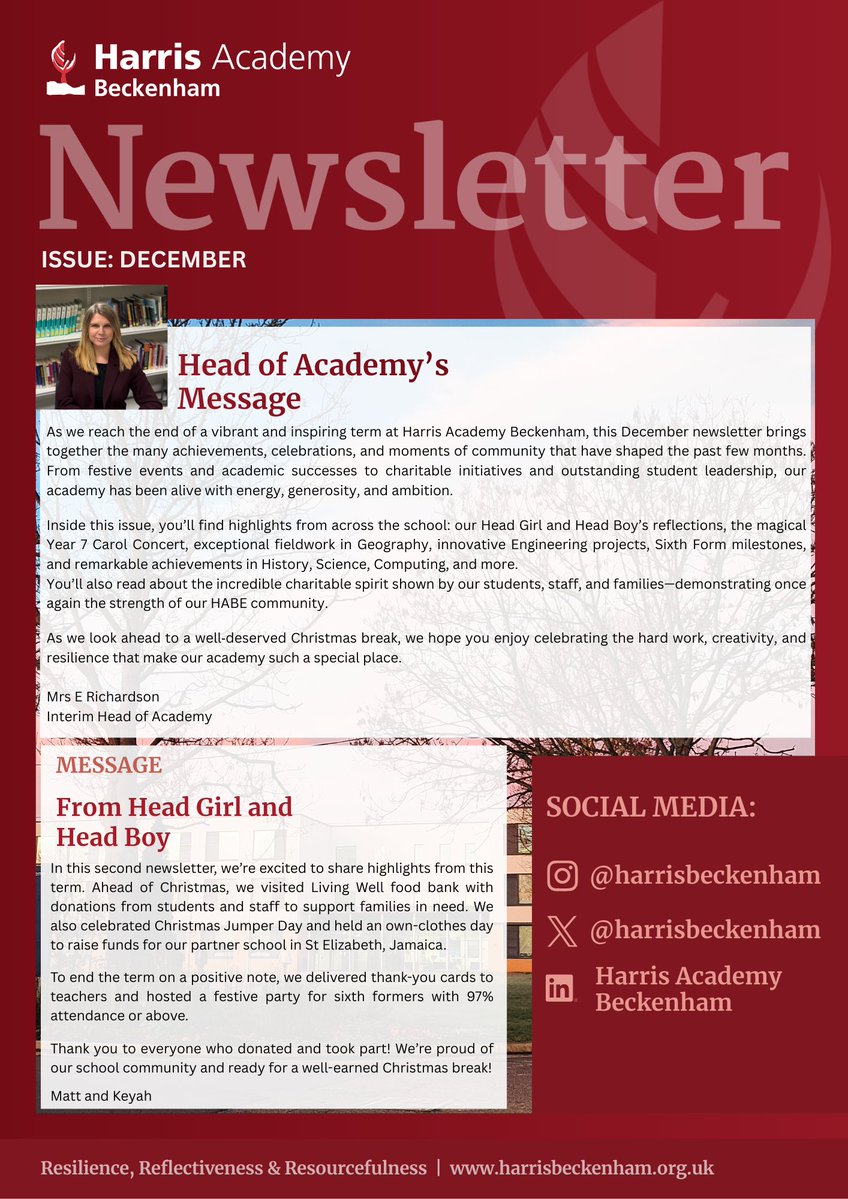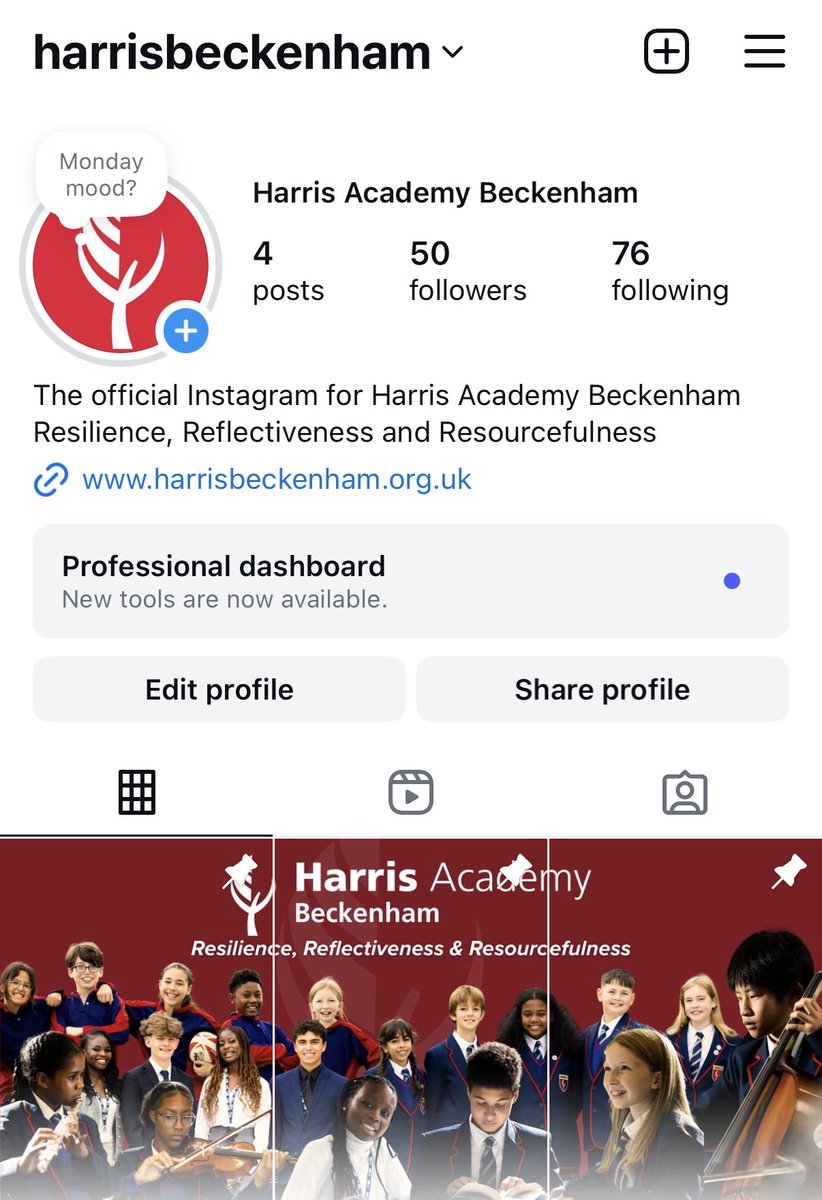Psychology
Curriculum intent
Psychology, in the department of Social Science at Harris Academy Beckenham, develops the skills and knowledge to enable students to become confident young Psychologists through our well-thought-out and challenging curriculum.
Students will develop a thirst for knowledge and feel inspired to explore more about the human mind and why we behave the way we do, questioning the world around them and challenging misconceptions.
For further details of the Psychology curriculum please see the documents at the bottom of the page or contact Mrs. E Hamlin.
The ambitious curriculum has been designed to not only teach content as per the specification but also augment this with the students’ experiential background providing opportunities to consolidate, bridge and expand existing knowledge.
Students will be equipped with transferrable skills such as independence of thought, critical analysis, investigative skills, and presentation. Students will learn to synthesise complex arguments in line with theoretical paradigms and empirical evidence before arriving at a conclusion. In addition, they will develop competence and confidence in literacy, oracy, mathematical and problem-solving skills which are embedded in all aspects of the curriculum. This will give students a viable option in preparation for studying at university, engaging in work to be economically active or to enhance their lifelong learning.
Content is taught in an enjoyable and engaging manner with practitioners employing a range of teachings styles resulting in students being and feeling supported, stretched, and challenged. All Psychology students at HABE will develop and sustain their enthusiasm for Psychology and how it relates to our understanding of the world around us. This is further extended through an enrichment curriculum that underpins what we explore in the classroom. HABE students will embark on educational visits, experience lecture series and conferences, join the Psychology and Wellbeing Society and have the opportunity to conduct research and literature reviews. All of this will set the curriculum in context and consolidate our 4 R’s whilst enhancing each students’ cultural capital.
Implementation
HABE has a strong culture of collaboration both at the academy level, for example, through SAMS, cross departmental engagements and CPD installments, and Federation-wide, for example, through ESS meetings, conferences, network husking’s and additional CPD instalments.
This level of collaborative best practice will facilitate practitioners effectively disseminating content making them confident and competent in their practice. Staff under the new teaching and learning developmental drop-ins are further supported in pedologically sound delivery of content and student engagement. All the above are effective tools in the implementation of the Psychology curriculum using the framework of the four-part lesson approach.
Each lesson is led by an enquiry known in the academy as ‘the Big Question’ ensuring students know every lesson is sequenced with purpose enabling them at, a purposeful endpoint, to answer it confidently. There is an emphasis on the use of ‘Knowledge Retrieval’ at the beginning of every lesson allowing students to revisit their knowledge and conceptual understanding, ensuring that students can keep their powerful knowledge in their long-term memory. This also allows for teachers to check for understanding before re-teaching or adapting to ensure that the high pitch of the lesson is engaged with across the classroom.
Students are challenged to ‘Think Hard’ from the immediate outset of a lesson and know that there will be an independent assessment that allows them to demonstrate their application of knowledge at the close; this is an approach that is mirrored across the academy. Here we upskill our students through the development of psychological language, getting them to think about vocabulary that will strengthen their written communication when discussing explanations of human behaviour, analysing the impact of psychological research, and evaluating the strengths and limitations that are found within research studies and psychological paradigms.
Students demonstrate the high-quality knowledge and skills that the curriculum offers as lessons follow a layered approach which, through the passing of expertise in the classroom, allows students to feel confident in their own ability. The academy frames this pedagogical layering as ‘I do, We do, You do’, thereby our psychologists are expectant of this approach in each lesson. This is also underpinned with our ‘Word of the day’, which inspires students to take hold of their psychological language and embed this within their application of psychological analysis.
Integral to the department is checking for understanding and assessments to ensure we can measure progress and identify areas of misconceptions or gaps in students’ knowledge which must be corrected or bridged. To facilitate this, and ensure students achieve mastery, the department will use formative and summative assessments. AFL allows practitioners to continuously check for students understanding and learning. Opportunities for this are achievable through questioning - pose, pause, pounce, through flipped learning, group related tasks, quizzes, deliberate practice and whole lesson feedback and PLC’s. Summative assessments are used by the department at the end of a unit or term to evaluate students’ mastery of content. In adhering to the academy’s protocol, a question level analysis is completed after a summative assessment to provide the department and the practitioner with a detailed outline of areas of student’s mastery and areas of concerns that the practitioner will need to reteach or provide requisite interventions for each student.
Curriculum impact
Students will have the skills to analyse contemporary psychological issues and communicate their understanding, justifying their arguments with confidence. Along with explicit teaching of subject specific vocabulary, research articles are included in every lesson to improve student literacy enabling students to articulate themselves with expertise. The curriculum empowers students to understand and connect with their communities supporting the development of their knowledge and understanding of issues that are relevant to them. This will allow them to develop their moral, social, and cultural understanding, promoting tolerance and respect for people from all walks of life whilst developing critical thinking skills and becoming effective problem solvers.
As practitioners we ensure we address challenges students are likely to face and give them the best possible chance of achieving their full potential. Students will be able to effectively solve problems by applying knowledge gained to real life situations. This will allow them to adapt to change supporting their resiliency to failure, awareness of own thought processes, express themselves coherently, and become critical thinkers. We want all students at HABE to be strong in relation to the following attributes: leadership, organisation, resilience, Initiative, and communication. We want our students to recognise and appreciate the fundamental British Values and be model citizens.
Students will make positive progress by combining their subject knowledge from the classroom with experiences in wider society. This will ensure they are well equipped to not only access examinations at KS4 and KS5 but also succeed beyond the academy.

